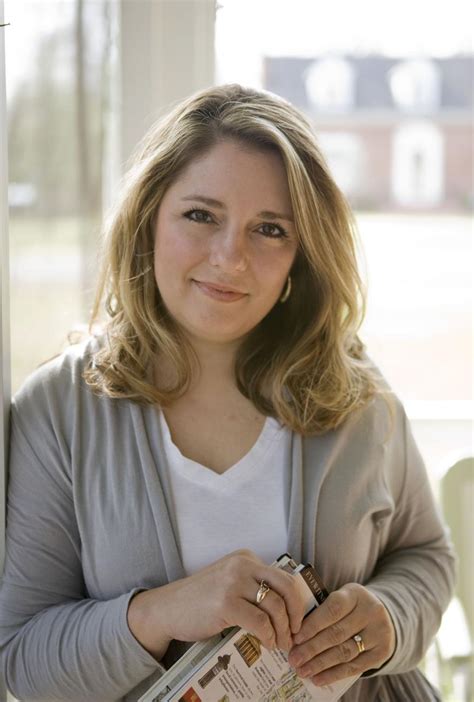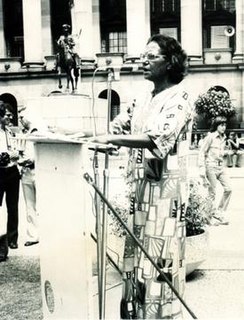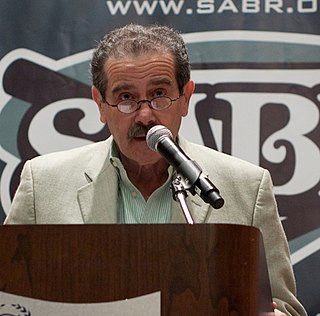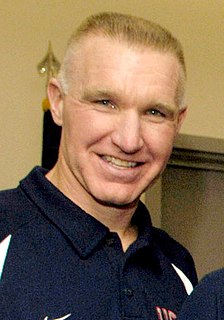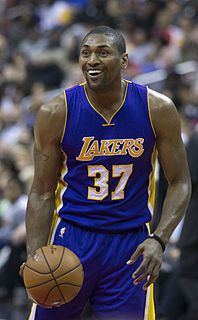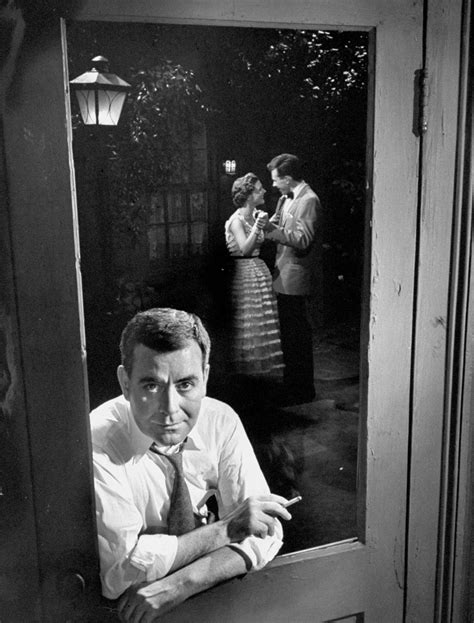A Quote by Bret Easton Ellis
But... what about us? What about the past?" she asks blankly. "The past isn't real. it's just a dream," I say. "Don't mention the past.
Related Quotes
I am interested in the past. Perhaps one of the reasons is we cannot make, cannot change the past. I mean you can hardly unmake the present. But the past after all is merely to say a memory, a dream. You know my own past seems continually changed when I am remembering it, or reading things that are interesting to me.
But the past does not exist independently from the present. Indeed, the past is only past because there is a present, just as I can point to something over there only because I am here. But nothing is inherently over there or here. In that sense, the past has no content. The past - or more accurately, pastness - is a position. Thus, in no way can we identify the past as past
Why cry about missed opportunities when you have the ability to smile at opportunities lived? The past has created who you are NOW, where we learn and grow from the past, never resting upon previous achievements or allowing past failure to paralyze us in our current endeavor. All that was has created us to be the best we currently are for our greatest hour is about to arise!
It is not the literal past that rules us, save, possibly, in a biological sense. It is images of the past. Each new historical era mirrors itself in the picture and active mythology of its past or of a past borrowed from other cultures. It tests its sense of identity, of regress or new achievement against that past.

